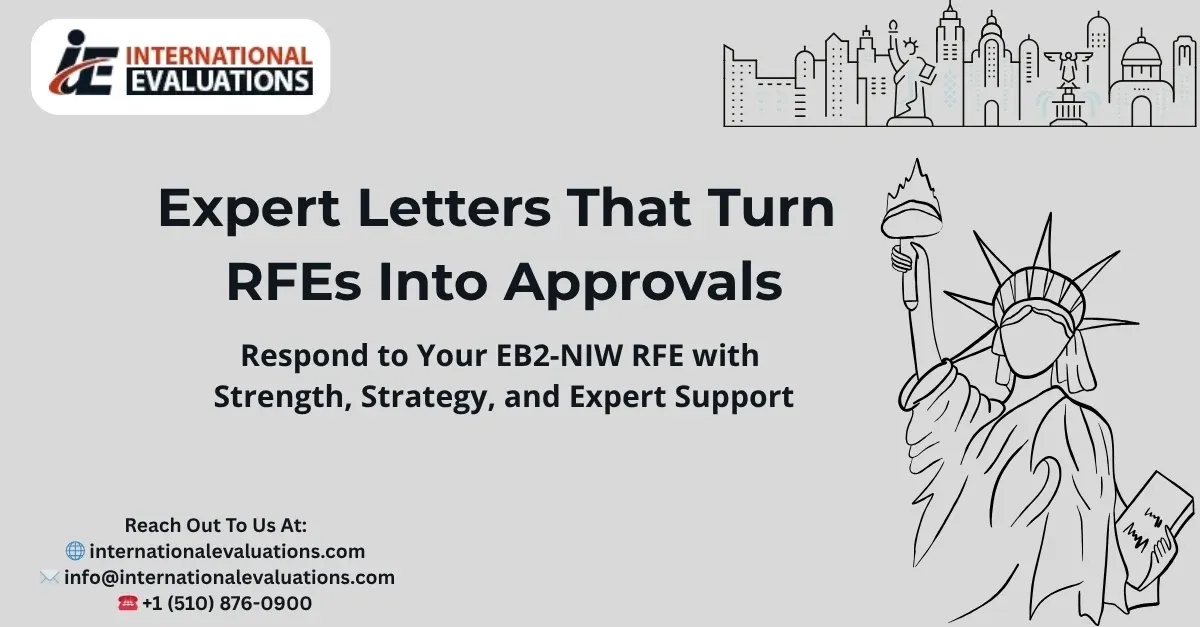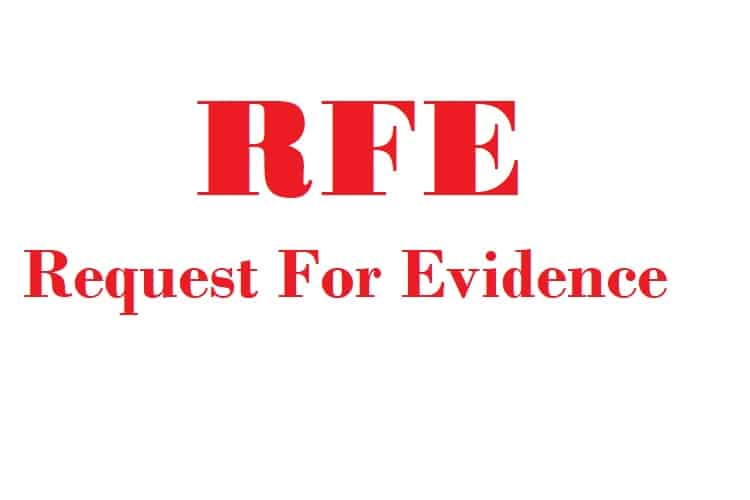Introduction
In a progressively globalized world, the need for specialists who can browse worldwide borders has never been higher. As business expand their operations across continents, understanding the subtleties of work experience assessment becomes essential for both employers and workers. This short article digs deep into the intricacies of work experience evaluation, shedding light on its value in international mobility, the procedures included, and how it intersects with academic credential evaluation and other crucial factors.
Understanding the Nuances of Work Experience Assessment for Worldwide Mobility
When we talk about work experience evaluation, we're basically going over a structured technique to assess an individual's professional background, skills, and proficiencies in a worldwide context. This evaluation https://stephensomi698.fotosdefrases.com/expert-viewpoint-letters-secret-insights-for-immigration-success is work Experience Evaluation for H‑1B / Green Card essential for various stakeholders consisting of employers wanting to work with global talent, people looking for employment abroad, and educational institutions offering programs to boost employability.
Work experience evaluations help bridge the space between diverse global employment standards. They make sure that pertinent experiences are acknowledged and valued properly. This procedure typically consists of a skilled viewpoint letter which supplies an in-depth analysis of a prospect's certifications relative to market standards.
The Value of Work Experience Evaluation in International Mobility
Navigating International Standards
With various countries having actually differed requirements for examining professional experience, comprehending these discrepancies ends up being crucial. An effective work experience evaluation allows employers to align candidates' backgrounds with local expectations.

Enhancing Employability
For job seekers going for chances abroad, providing a precise depiction of their work history can considerably boost their employability. Assessments conducted by credible international credential assessment services offer potential companies a clear image of what candidates give the table.
Key Parts of Work Experience Evaluation
1. Document Verification
Document verification is fundamental in establishing the authenticity of a prospect's work experience. Each file should be inspected thoroughly to avoid fraud or misrepresentation.
2. Ability Assessment
A comprehensive ability assessment evaluates the proficiencies gotten throughout previous work. This might include technical skills as well as soft abilities like communication or leadership abilities.
3. Expert Opinion Letter
A specialist opinion letter plays an essential function in confirming work experiences. It works as an authoritative endorsement from acknowledged professionals within particular markets or sectors.
Types of Credential Evaluations Related to Work Experience
1. Academic Credential Evaluation
This procedure assesses instructional certifications gotten from organizations outside the country where one looks for work or additional education. Understanding how academic credentials relate to work experiences is essential as some roles require particular educational backgrounds.
2. Course-by-Course Credential Evaluation
For applicants who want to demonstrate their scholastic standing in addition to practical experiences, course-by-course evaluations offer detailed breakdowns obviously taken, grades received, and equivalencies established in relation to regional education systems.
3. Business Plan Evaluation
While mostly expert opinion letter pertinent for business owners, service plan examinations can link with work experience assessments when people look for funding or collaborations based upon their previous roles and accomplishments within particular industries.
The Process of Carrying out a Work Experience Evaluation
Conducting a comprehensive assessment includes numerous actions:
- Collecting needed files such as letters from previous companies, pay stubs, or task descriptions. Engaging with international credential evaluation services that specialize in evaluating foreign work experiences. Compiling findings into extensive reports that outline confirmed skills and experiences clearly.
Challenges in Work Experience Evaluation
Despite its importance, there are challenges related to examining work experience worldwide:
- Variability in task titles and obligations across various cultures can complicate comparisons. Inconsistencies in documentation practices might lead to problems in confirming claims made by candidates.
Best Practices for Reliable Work Experience Evaluation
To guarantee precision and fairness in assessments:
Establish clear standards regarding what constitutes valid work experience. Engage certified critics who understand both local and international market demands. Utilize technology-driven services for effective information collection and analysis.Future Patterns in Work Experience Evaluations
As globalization continues to evolve:
- We expect increased usage of artificial intelligence tools to simplify evaluations. More focus will likely be placed on soft skills and versatility alongside conventional difficult skills due to changing labor force dynamics.
FAQs
Q1: What is an expert opinion letter?
A professional viewpoint letter is a document supplied by industry specialists that validates a person's credentials or experiences according to industry standards.
Q2: How does academic credential evaluation impact work experience?
Academic credential evaluations assist contextualize academic certifications against local expectations, enhancing understanding throughout work experience assessments.
Q3: Why do I require a course-by-course credential evaluation?
A course-by-course credential examination offers detailed insights into your scholastic history, showing how your education matches your professional experiences.
Q4: Can my previous job title impact my work experience evaluation?

Q5: What types of documents are required for work experience evaluations?
Generally required documents consist of letters from previous employers detailing your role/responsibilities, pay stubs suggesting period at each position, and any related accreditations made during employment.
Q6: The length of time does a typical work experience evaluation take?
The period can vary widely based on intricacy however usually varies from a number of weeks up to 3 months depending upon paperwork accessibility and confirmation needs.

Conclusion
Understanding the nuances of work experience assessment is vital for browsing today's international workforce landscape successfully. By valuing the complexities included-- varying from paperwork verification through professional opinion letters-- it becomes clear that this procedure is not simply bureaucratic however deeply important to making sure that talent is recognized precisely across borders.
As business significantly worth varied viewpoints brought by worldwide skill swimming pools, those involved-- be it job hunters or companies-- need to remain informed about best practices surrounding these examinations while also adjusting as trends progress within this dynamic field.
By harnessing trusted resources such as academic credential assessments and engaging with reputable global credential examination services, people can reinforce their profiles significantly while organizations can make informed hiring choices lined up with their strategic objectives-- eventually promoting growth within our interconnected world economy.